By Blaine Taylor
On April 23, 1809, Prince Jerome Bonaparte, king of Westphalia, a German satellite state given to him by his elder brother Emperor Napoleon I, sat astride a large white horse at the Holland Gate leading into the capital city of Cassel. Wearing his French field marshal’s uniform, Jerome was calmly awaiting the arrival of insurgent troops of his own Guard who were said to be on their way to depose him from power.
Other, loyal troops—Germans all—faced Jerome at the entrance to the gate, and their Corsican-born king addressed them with as many German words as he could muster in his French accent. A Westphalian lieutenant later reported: “Alone by his word you could tell he was the brother of the great emperor. He completely put aside his affected behavior, his posture on horseback seemed martial and his dark eyes sparkled. He asked us vigorously to do our duty according to our oath of allegiance, he reminded us of the oath’s holiness, and then gave everyone the choice to either go over to the insurgents or to stay and defend him as well as the Kingdom. The King won his subjects’ hearts because of this chivalrous behavior; this speech was simply inspiring. The soldiers cheered him on and screamed that they wanted to fight for him until the last drop of blood was drained from their bodies.”
The cheers, unlikely as they may have seemed, were for a man who has come down in history as the youngest and most frivolous of Napoleon’s brothers, a man criticized all his life for his youth and inexperience and yet one who stood by his brother’s side in the final square of the Old Guard at Waterloo and continued to fight on after the emperor himself had quit the field. By the end of his long life, Jerome would serve as a field marshal again, in the Second Empire of Napoleon’s nephew, Napoleon III. In his single unimpressive person, he linked two dynastic eras of French history.
Born in 1784, Jerome initially wanted to be a sailor, and at the age of 16 he became an ensign in the French Navy. He ultimately would rise to command the ships Epervier and the 74-gun Veteran, which he once sailed off the fateful South Atlantic island of St. Helena. Having traveled earlier to Santo Domingo and Martinique, Jerome escaped British Navy capture by abandoning Epervier and sailing home on a Danish merchant ship.
Basking in his Brother’s Reflected Glory
On July 20, 1803, he sailed into Norfolk, Va., for what was supposed to be a three-month visit, but stretched on for several years. Basking in his brother’s reflected glory, Jerome had dinner at the White House with President Thomas Jefferson. Later, in Baltimore, he met the first of his two wives, Elizabeth “Betsy” Patterson, who later asserted, “I would rather be the wife of Jerome Bonaparte for an hour than the wife of any other man for life.”
Betsy soon got her wish, and the pair was married on December 24, 1803—-without the permission of First Consul Napoleon, who angrily demanded that his errant brother return home without his American-born wife. A 1936 movie, Hearts in Love, starring Marion Davies as Betsy and Dick Powell as Jerome, ends with the defiant couple happily singing their way into the future, but the reality was far different. The French Navy prevented the now-pregnant Betsy from landing in France and she repaired to London instead, to see Jerome only once more, by accident, in Rome in 1822, the year after the emperor’s death. At that meeting, neither spoke.
First Captain of the Fleet
For his part, Jerome bowed to his brother’s wishes and had the marriage annulled in return for receiving command of a French naval squadron that he took to Algiers on August 7, 1805, to fight the Barbary pirates. On January 1, 1806, Jerome was named first captain of the fleet and sailed to St. Thomas and San Salvador, Brazil, where he successfully outbluffed British Admiral Sir Alexander Cochrane. His commanding officer, Admiral Louis Villaret de Joyeuse, reported favorably to the minister of the Navy that “the Prince is always ready to get underway and go where the circumstances require. No ship was better run than his, and his activity and courage promises the largest success to the admiral who has the good fortune to have this Prince under his orders.”
Lest one think that this was simply idle praise intended primarily for the ears of the two Bonaparte brothers, Jerome soon proved his fighting worth when, on August 13, 1806, he burned the British brig Hilton off the coast of Puerto Rico. By the time he turned 21, Jerome had been promoted to the rank of rear admiral and named a prince of the empire. His naval career ended when his older brother made him a general in the French Army.
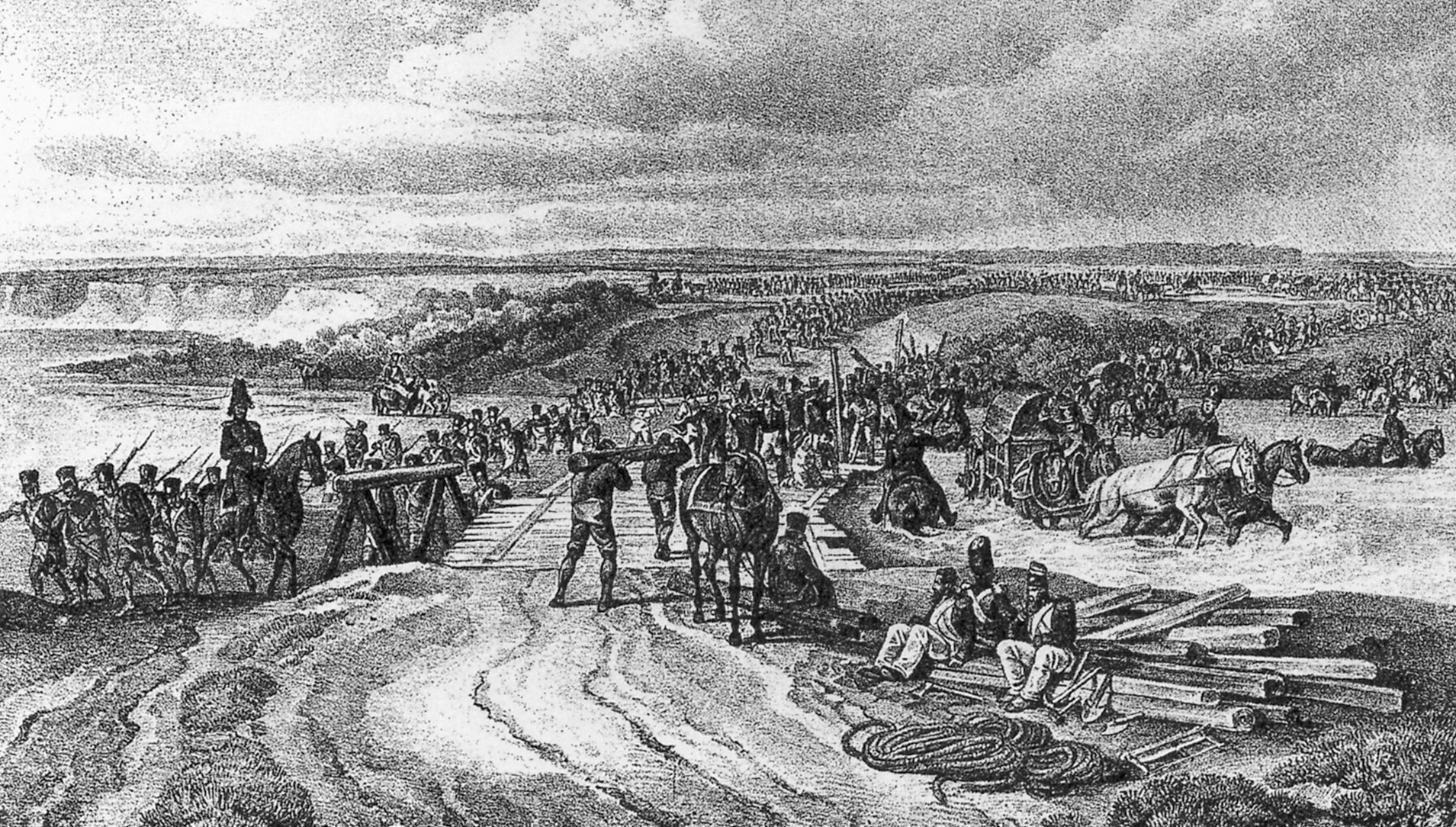
Commander of the “Army of the Allies”
When war came with Prussia in 1806, Napoleon named Jerome commander of the so-called Army of the Allies, which consisted of the 1st and 2nd divisions of the Bavarian Army and one from Wurttemburg, two of the 15 German states allied to France under the Treaty of the Confederation of the Rhine.
Pursuing his orders to capture the Prussian fortress in Silesia, Jerome missed seeing action at the battles of Jena and Auerstadt, much to his chagrin. Later, he did enter fallen Berlin at the side of the emperor, and on November 3, 1806, he was promoted to the rank of corps commander at the age of 22.
Not Without Laruels of His Own
Jerome’s forces besieged the Prussian fortress of Glogau, but when it fell, it was General Dominique Vandamme, not Jerome, who carried off the victor’s laurels.
The prince wasn’t without some laurels of his own, however, as the garrison of Plassenburg surrendered to him later that same month. When ordered to besiege Breslau, Jerome pouted, “I have received less glory than anyone,” and asked to be the emperor’s aide-de-camp. Getting his wish, Jerome managed to miss out on yet another battle with the Prussians at Grosburg.
Returning to Breslau, Jerome stole Vandamme’s laurels when that fortress surrendered on January 7, 1807. For the next five years, his brother the emperor became increasingly disenchanted with him.
Nevertheless, for the sake of appearances, Napolen promoted him on March 14, 1807, to the rank of general of division, and Jerome took the towns of Neiss, Kosel, and Glatz after having destroyed the fortifications at Breslau, Brieg, and Schweidnitz. As a further reward, his brother made him king of Westphalia, a state in northwestern Germany, in July 1807, in a pact that was reinforced by his marriage at the Tuileries Palace on August 23 to Princess Catherine of Wurttemburg in front of the emperor and over 800 guests, the cream of the Empire. The couple had only met on the day before the wedding, yet—-as with Betsy—-the new bride was enchanted by her dashing young husband, asserting later that their marriage had brought her “the most pure and constant happiness,” despite the fact that Jerome, like his brother, had many other mistresses.
Wesphalia was composed of former Prussian lands, and the new “German” monarch saw himself as a real king with real responsibilities to his new subjects. Napoleon, however, viewed Westphalia as a vassal state whose soldiers and treasury figured prominently in his plans for future wars. In reality, Jerome was merely a figurehead, a Bonaparte prince raised on high for the duration of the First Empire.
His brother kings—Louis in Holland and Joseph in Spain—filled the same thankless roles. Jerome nonetheless dutifully mobilized his army of 60,000 men whenever his brother required him to do so, and his kingdom produced about 200 cannon a year. In return, he received command of some additional Dutch troops, and on April 9, 1809, he was given the command of the 10th Reserve Corps of the Army of Germany, a force of 14,000 men with which he was to fight the oncoming Austrians, repel a possible British amphibious landing, and forestall the rebellion among his own troops at home.
When the insurgents arrived at Cassel, a young Westphalian artilleryman described the ensuing face-off: “We had occupied a hill and the King himself was leading us. The insurgents came up the road in large, disorderly numbers, and in a state of wild confusion, yelling and shooting their rifles in the air. The insurgents seemed to be after the cannons. The King warned us to keep calm. Our guns caused terrible damage in the throng. Only one volley was needed, then the cavalry completed the defeat and shattered the crowd.”
Like his more famous brother before him, Jerome had restored his personal authority through a “whiff of grapeshot.” In the wake of his victory, he magnanimously pardoned the surviving officers and soldiers who had rebelled against him. On June 22, 1809, forces under his command retook Leipzig from the Austrians and occupied Dresden on the 31st. Jerome was beginning at last to cut his own swath of martial renown in the pages of Napoleonic glory.
Victory, however, was a double-edged sword for the young ruler. During 1810-1811, he complained to the emperor, “My country [Westphalia] is overwhelmed by the burden of supporting French troops.” Napoleon was unmoved. When Napoleon entered Russia on June 22, 1812, his Grand Army of 600,000 French, Germans, Poles, Swiss, Croats, Portuguese, Spanish, Italians, Prussians, Dutch, and Austrians was led by three subcommanders under the emperor’s overall direction: Prince Eugene de Beauharnais, his stepson; Marshal Joachim Murat, his brother-in-law; and his brother Jerome. Most Napoleonic scholars agree that Jerome was out of his depth in this new role, but as it turned out, they all were—from the emperor on down.
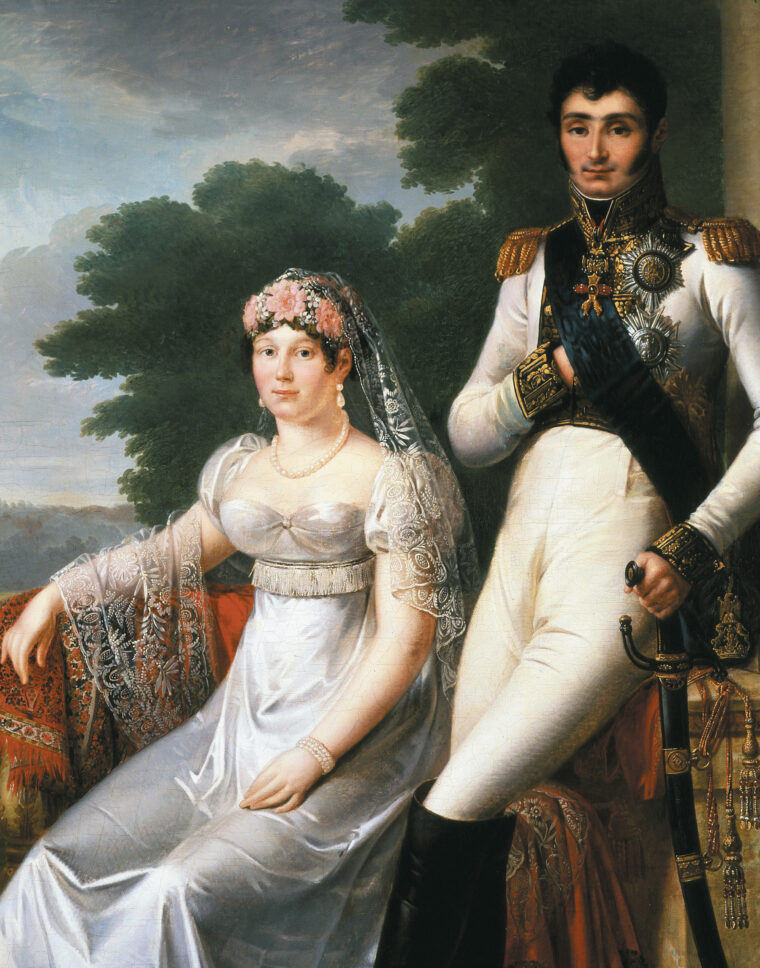
As a corps commander, Jerome fought the Cossack General Matvei Ivanovich Platov at Grodno, then allowed the Russian General Peter Bagratian to escape, leading Napoleon to replace him with Marshal Louis-Nicolas Davout as head of the right wing of the Grand Army. Disgraced, Jerome resigned in a huff and returned home to Westphalia, his reputation as a commander ruined. His army, left behind in Russia, was destroyed in the ensuing debacle, but for once he wasn’t blamed for that defeat.
During the Allied invasion of Germany in 1813, Jerome again figured prominently in Napoleon’s defensive plans, and the prince walked the streets of Cassel alone at night to show that he was unafraid. Nevertheless, when the crisis came in 1813, his men this time defected to the more numerous Allies. The Russians offered Jerome his kingdom back if he would withdraw it from the war, as Joachim Murat would do in Naples. Jerome responded, “King by the victories of France and for France, the brother of the Emperor will not profit by his defeats.”
He received no further field command in the battles for France in 1814, although he asserted that he would serve as a simple grenadier in the Emperor’s Guard if Napoleon wanted him. Touched, the embattled emperor awarded him the City of Lyon and its troops, but then abdicated for the first time on April 6, 1814. Jerome served his own exile in Austrian Trieste and Italy, then was well received by the restored emperor in Paris during the start of the fabled Hundred Days of March-June 1815.
Once more, his brother rewarded Jerome’s loyalty by giving him command of the largest division in the new Army of the North—the 6th Division of the II Corps, numbering some 7,819 men. As a precaution, Napoleon ordered Minister of War Davout to prohibit Jerome from employing any of his former Westphalian officers as aides-de-camp. The new army proceeded into the last and most famous campaign of all outnumbered by the Allies two-to-one.
Jerome’s division was placed under the command of Marshal Michel Ney during the pre-Waterloo Battle of Quatre-Bras against the Duke of Wellington, where a musket ball lodged in the pommel of Jerome’s sword. Ney later praised the prince’s courage under fire. Jerome was wounded at Quatre-Bras and at Waterloo two days later.
While Ney let Wellington escape at Quatre-Bras, Jerome was placed with the rear guard. Napoleon would ignore his brother’s prescient warning of a possible link-up between the English duke and the Prussian forces under Field Marshal Gebhard von Blucher at Waterloo. That rumor subsequently proved true and would tilt the ultimate victory away from Napoleon and toward the weary Allies.
At 11 am on June 18, 1815, Jerome’s division opened the Battle of Waterloo by trying and failing to take a British-held walled farmhouse fortress at Hougoumont. Jerome renewed the assault two more times before Napoleon called it off. By then, Jerome’s original 13 battalions had been reduced to six. He rejoined the crestfallen emperor at the farmhouse at La Belle-Alliance, and Napoleon apparently saw in his brother something he had never seen before. Realizing that Jerome had fought with great courage and had personally led his men in attacking, Napoleon took Jerome’s hands and said, “My brother, I regret having known you so late.”
Together they took cover within a square of the 1st Grenadiers of the Guard until it was safe for Napoleon to leave the field. Like Ney in Russia in 1812, Jerome executed a skillful rear-guard retreat.
The now twice-exiled prince and former king lived in Austria until 1819, then moved on to Trieste and Rome, where he remained until 1830. His loyal second wife, Catherine, died on November 29, 1835, reportedly telling him, “What I have loved most in the world is you, Jerome.” He was not allowed to return to republican France until 1847. When Louis Napoleon, his nephew, was elected president on December 20, 1848, the coming of the Second Empire was only a matter of time. As president, Louis named Jerome marshal of France on Jan. 1, 1850, and became Napoleon III himself in a coup d’etat two years later.
Jerome died at age 66 on June 25, 1860, having served at various times as prince, king, marshal and rear admiral. He was buried in the domed Church of the Hotel des Invalides, where his brother also laid in state after his body’s return to Paris from the island of Elba in 1840.
That was not quite the end of Jerome’s saga, however. His first wife, Betsy, had given birth to their son, Jerome Napoleon Bonaparte, on July 7, 1805 and the American branch of the family continued well into the 20th century. Betsy died at age 94 in 1879, having never remarried, worth an estimated 1.5 million dollars. Her direct descendant, Jerome Napoleon Bonaparte IV, died in 1945, reportedly after tripping over the leash of his wife’s dog. That rather unheroic death ended the Bonapartes’ American dynasty.
In Baltimore, however, there is still a Bonaparte Avenue and a Patterson Park named in honor of Betsy’s father.
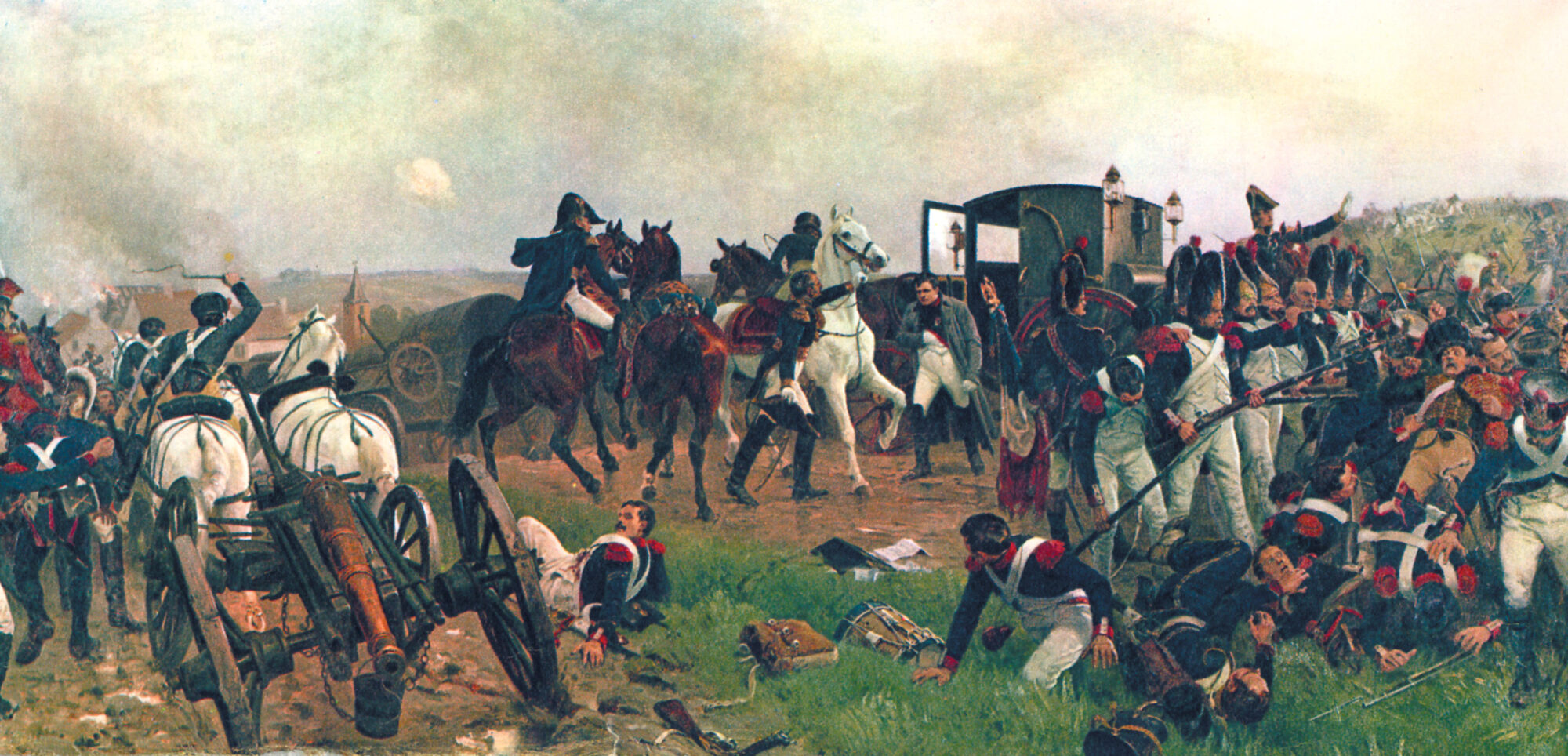


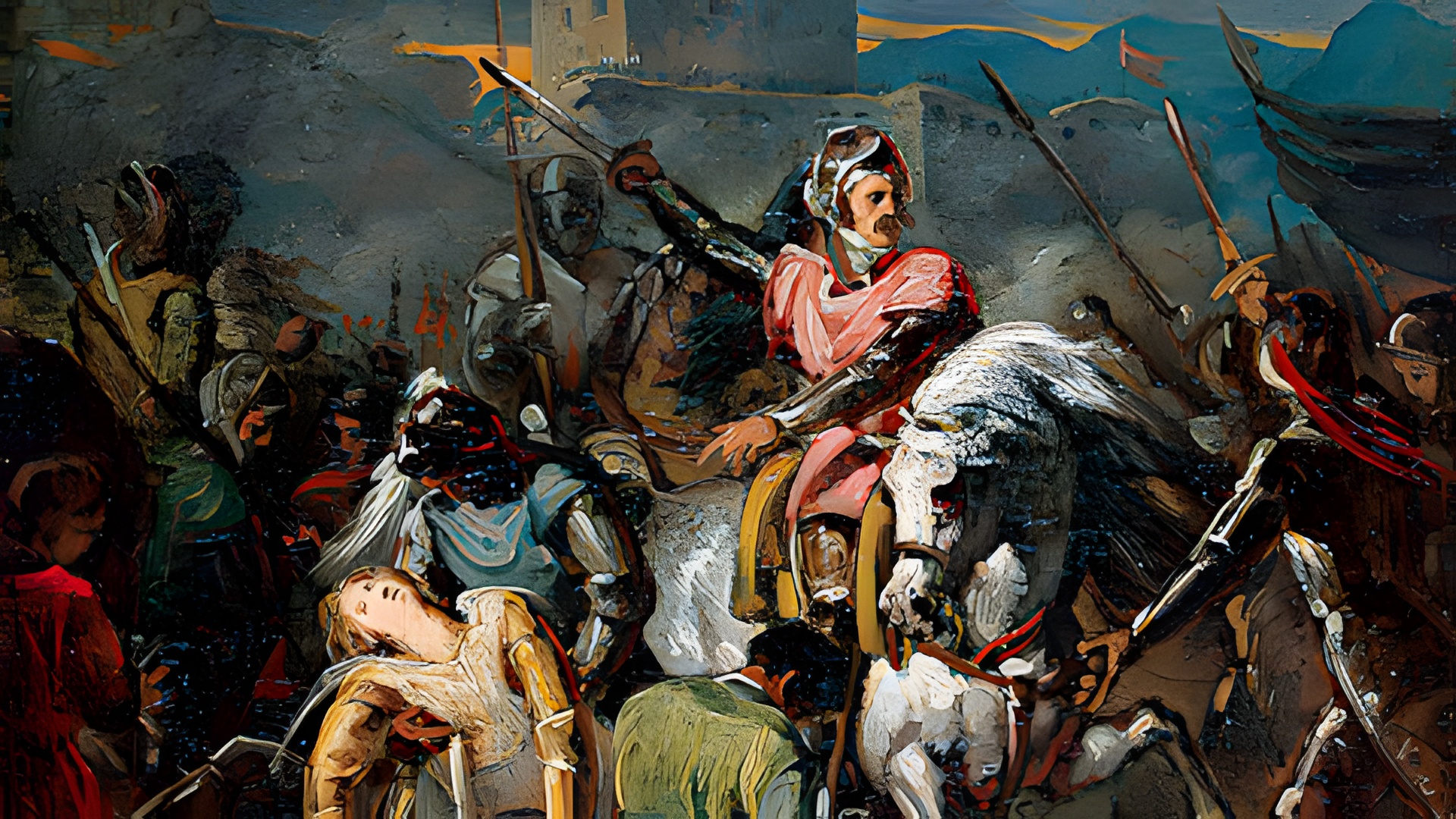
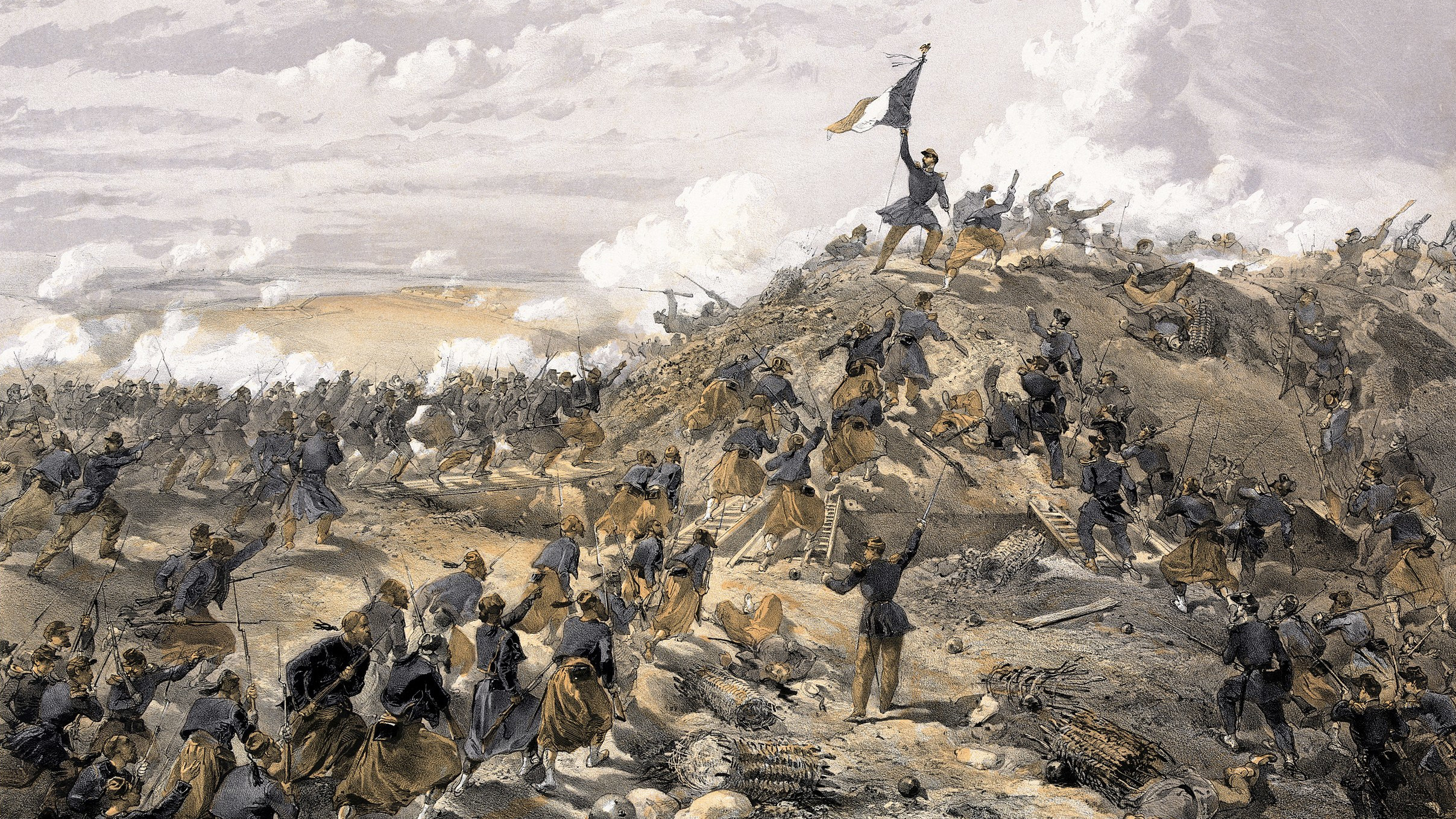
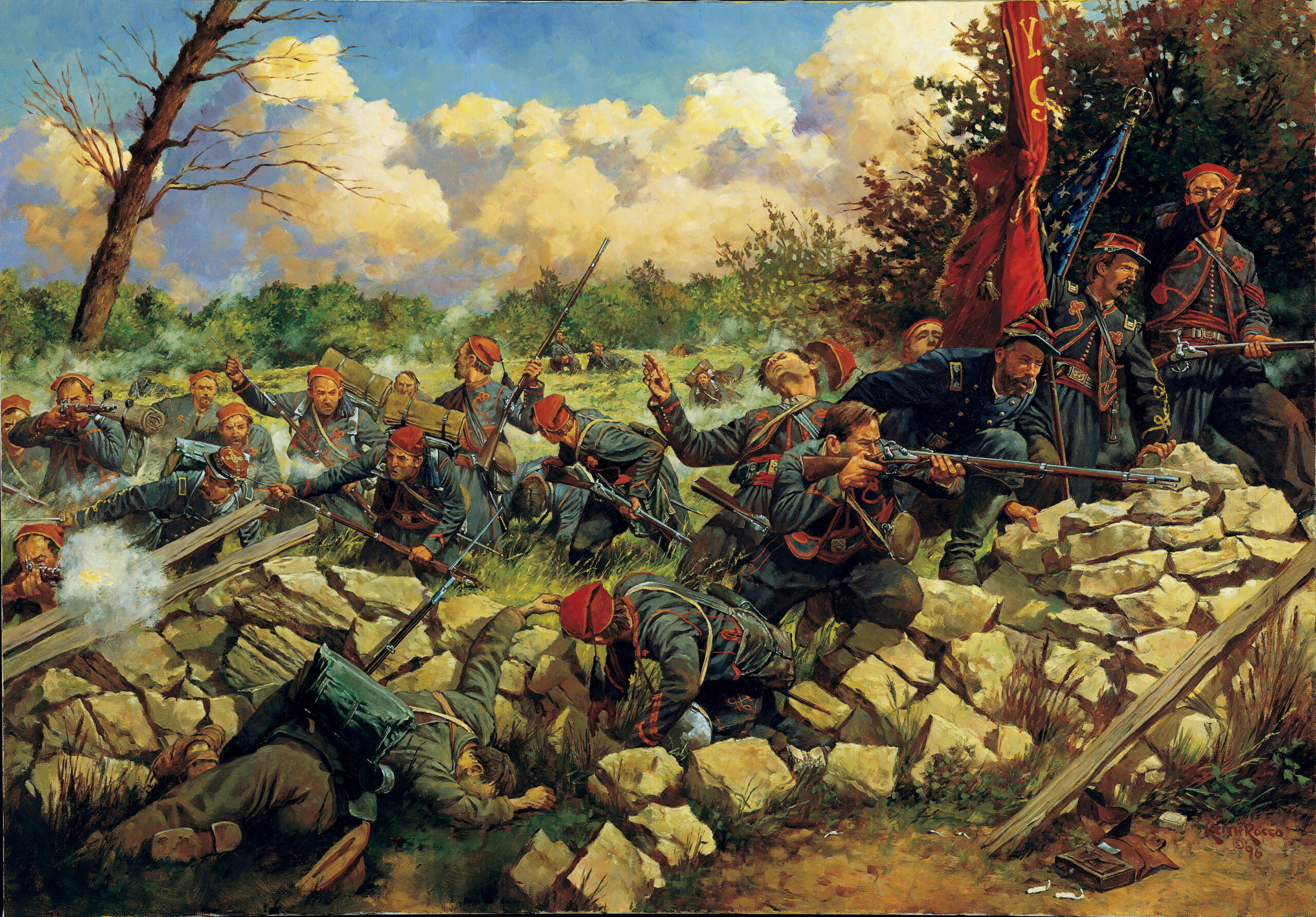
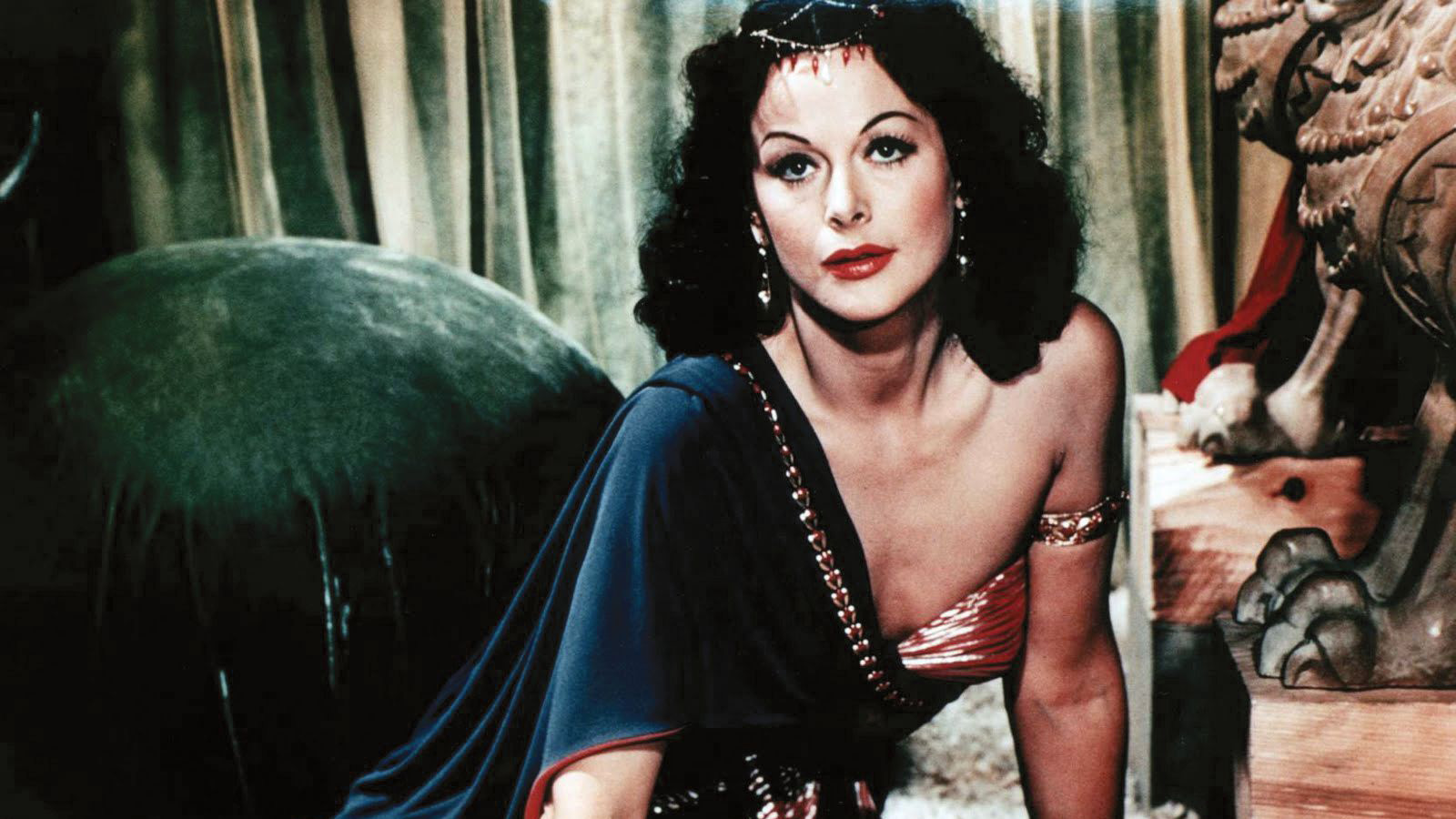
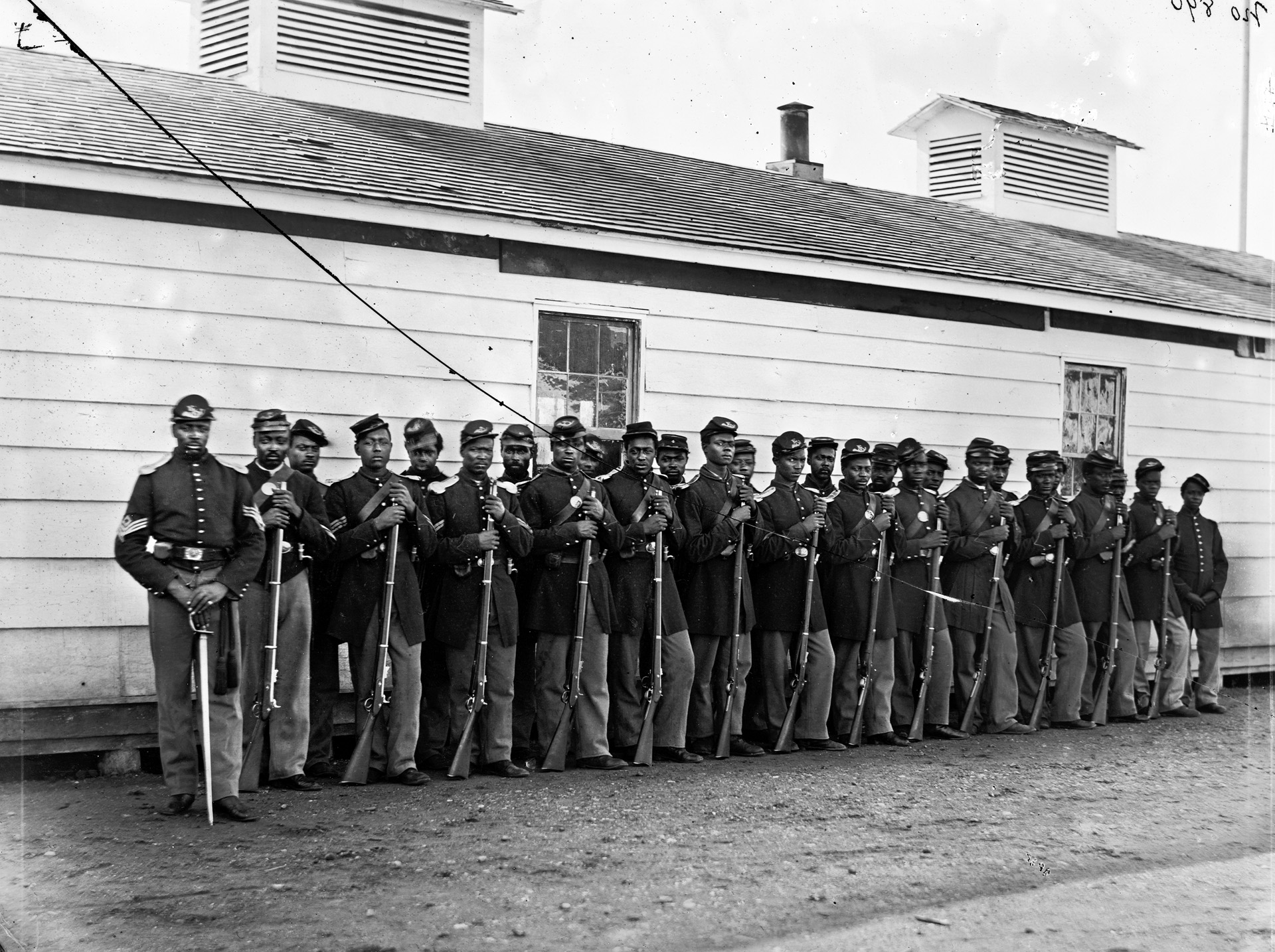
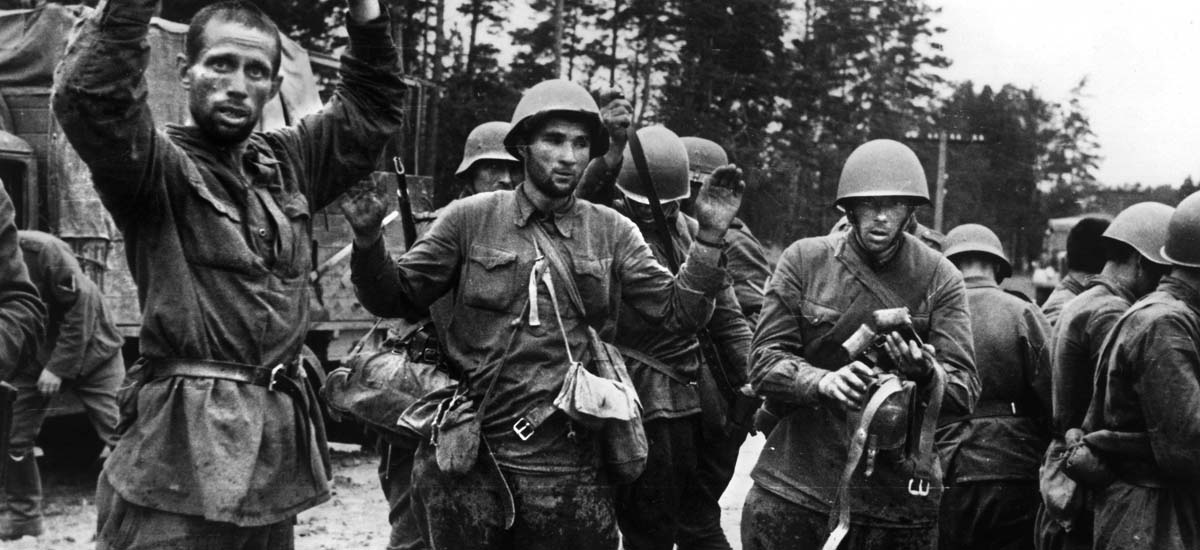
Join The Conversation
Comments
View All Comments